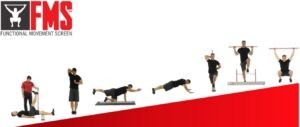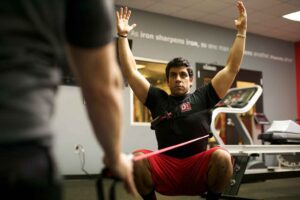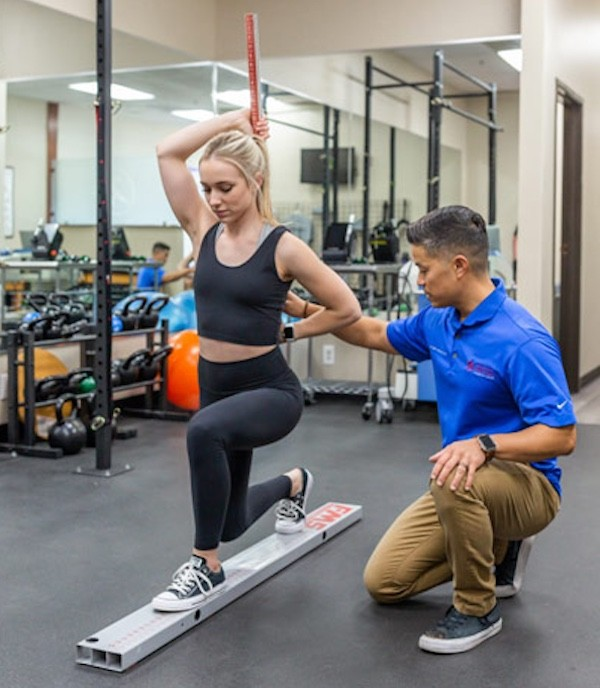In the realm of sports and physical activity, injuries are an inevitable part of the game. However, the ability to predict and prevent these injuries is a game-changer for athletes and their performance. Enter the Functional Movement Screening (FMS), a revolutionary tool that has become an indispensable asset for physical therapists in assessing injury risk and determining an athlete’s readiness to return to sport.
The Functional Movement Screening is a comprehensive system that evaluates an individual’s movement patterns, identifying any imbalances, weaknesses, or dysfunctions that may predispose them to injury. Developed by Gray Cook and Lee Burton, FMS provides a standardized method for assessing fundamental movement patterns that are essential for daily activities and sports performance.

Assessing Injury Risk
One of the primary applications of FMS in physical therapy is the assessment of injury risk. By observing how an individual performs fundamental movements such as squatting, lunging, and reaching, therapists can identify asymmetries, compensations, and limitations that may contribute to an increased risk of injury.
For example, if an athlete exhibits poor hip mobility during a squat, it may indicate an increased risk of knee or lower back injuries. Similarly, asymmetries in movement patterns can highlight muscular imbalances that may lead to overuse injuries over time. Armed with this information, physical therapists can design targeted interventions to address these issues, reducing the likelihood of future injuries.
Tailoring Rehabilitation Programs
FMS goes beyond merely identifying problems; it serves as a blueprint for developing customized rehabilitation and training programs. Once weaknesses and imbalances are pinpointed, physical therapists can create specific exercises and interventions to address these issues. This targeted approach not only accelerates the recovery process but also enhances overall athletic performance.
For instance, if FMS reveals a lack of stability during single-leg movements, the rehabilitation program can focus on strengthening the core and improving proprioception to enhance balance. This tailored strategy not only aids in injury recovery but also helps prevent future injuries by addressing the root causes of movement dysfunction.

Monitoring Progress and Readiness to Return
As athletes progress through rehabilitation, FMS becomes a valuable tool for monitoring their movement patterns and assessing readiness to return to sport. The systematic nature of FMS allows physical therapists to track improvements or identify persisting issues, adjusting the rehabilitation program accordingly.
By incorporating FMS into the return-to-sport assessment, therapists can ensure that athletes not only recover from the injury but also regain optimal movement patterns and function. This reduces the risk of re-injury and promotes a seamless transition back to competitive play.
The Functional Movement Screening provides Limitless physical therapists with a comprehensive and systematic approach to assessing movement patterns. Its applications in predicting injury risk and determining an athlete’s readiness to return to sport make it an invaluable tool for us.
In a world where athletic success often hinges on staying injury-free, FMS empowers our therapists to identify and address potential issues proactively. By incorporating FMS into rehabilitation programs, Limitless therapists can not only expedite the recovery process but also elevate an athlete’s performance to new heights. As the realm of sports medicine continues to evolve, FMS stands out as a beacon of innovation, paving the way for a future where injuries are not just treated but prevented.
If you would like to learn more about If you would like to know more about the FMS and how we use it in our practice, give us a call or fill out the contact form here on our website!




